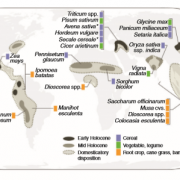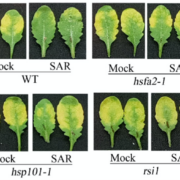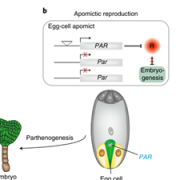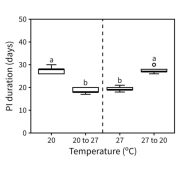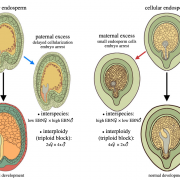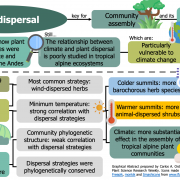Maternal nitric oxide influences female gametophyte development
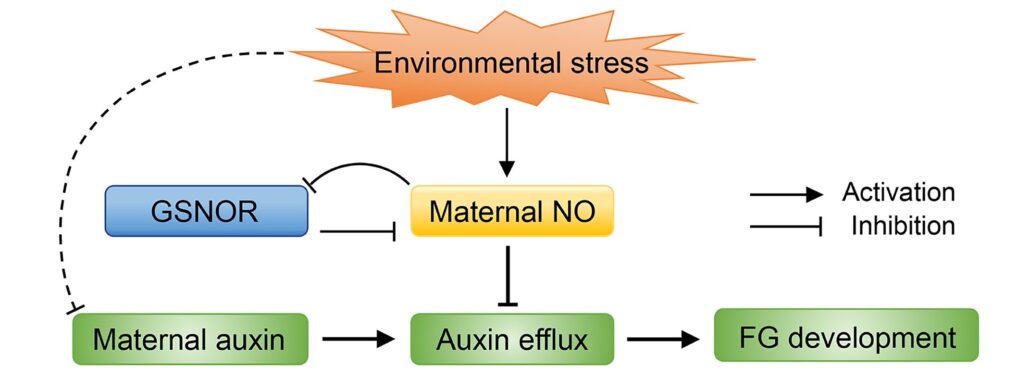 Nitric oxide (NO) acts as a signal molecule to regulate plant growth, from seed germination to floral formation. Female gametophyte (FG) development is sensitive to external signals; for example, in plants in adverse environements, a decrease in fertilizable FGs enhances the survival prospects of the offspring. Wang et al. revealed that NO homeostasis in maternal sporophytic (diploid) tissues is essential for FG development in Arabidopsis. Disrupting maternal NO homeostasis leading to elevated NO levels or adding exogenous NO hinders maternal auxin delivery to FGs, impacting FG development. Enhancing maternal control of NO levels or exogenously supplying auxin can boost fertility under stress, suggesting maternal NO homeostasis and auxin supply are key regulators of FG development. The findings point to a mechanism by which plants integrate internal cues and external stress to modulate seed set, with implications for improving crop fertility under adverse conditions. (Summary by Yueh Cho @YuehCho1984) Plant Cell 10.1093/plcell/koae043.
Nitric oxide (NO) acts as a signal molecule to regulate plant growth, from seed germination to floral formation. Female gametophyte (FG) development is sensitive to external signals; for example, in plants in adverse environements, a decrease in fertilizable FGs enhances the survival prospects of the offspring. Wang et al. revealed that NO homeostasis in maternal sporophytic (diploid) tissues is essential for FG development in Arabidopsis. Disrupting maternal NO homeostasis leading to elevated NO levels or adding exogenous NO hinders maternal auxin delivery to FGs, impacting FG development. Enhancing maternal control of NO levels or exogenously supplying auxin can boost fertility under stress, suggesting maternal NO homeostasis and auxin supply are key regulators of FG development. The findings point to a mechanism by which plants integrate internal cues and external stress to modulate seed set, with implications for improving crop fertility under adverse conditions. (Summary by Yueh Cho @YuehCho1984) Plant Cell 10.1093/plcell/koae043.


